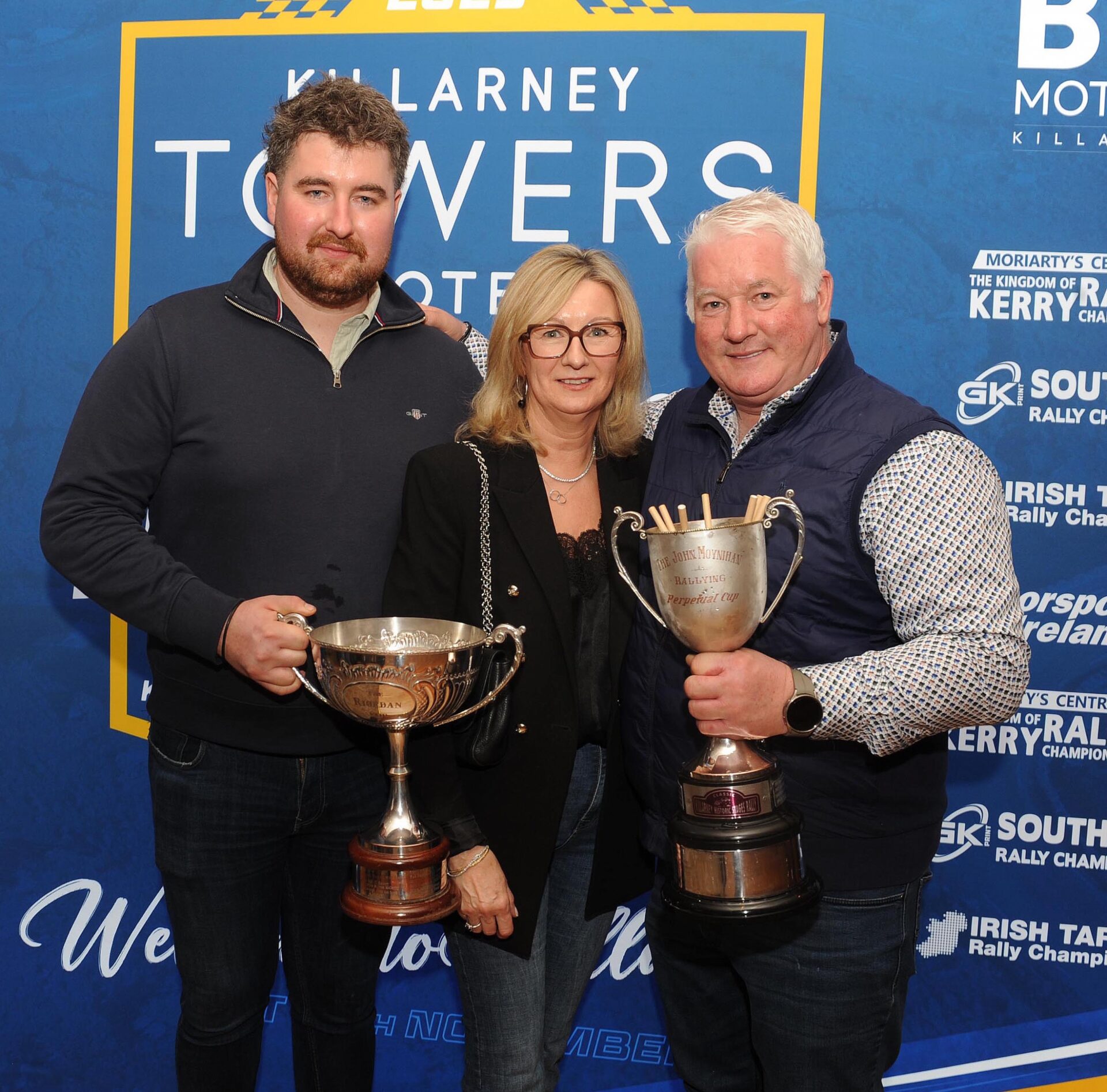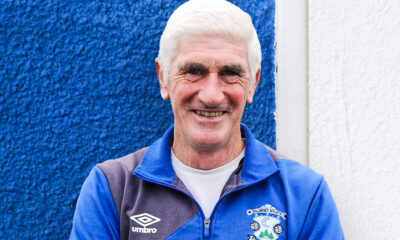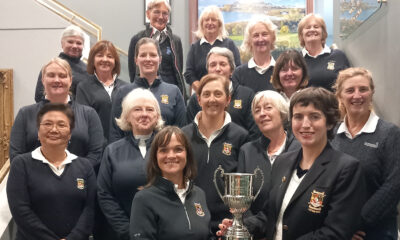News
Fixtures Crisis: What will it take for the GAA to sit up and listen?
As November rolls into December, and with club players still playing matches, Adam Moynihan asks why the GAA still haven’t resolved the fixtures crisis
The short days. The long nights. The driving rain and cutting winds that would make even the proudest of Gaels curse their ancestors for ever setting foot on such a miserable rock in the first place.
It’s winter in Ireland. And none of us want to be here.
Well, the good news for most of us that we can take a break from the bleakness, or at least hide from it. We can head away for a weekend, or a week, or even two if the bank balance allows. We can go for a hot whiskey in a warm pub of a Saturday night. We can stay inside and spend time with the family. We can sit at home by the fire of a wintry Sunday morning and read the Killarney Advertiser (or another, lower quality publication).
To sum up, we can basically do whatever we want with our free time. Our free time is free.
If you’re an amateur Gaelic footballer, however, it’s unlikely that you possess that same level of freedom. When it’s football season, football owns you.
Missing any of the two/three training sessions a week is not acceptable. On some days off, private gym sessions are mandatory. Alcohol is often banned, if not directly by management then by a kind of self-policed group prohibition. And, due to the unpredictable nature of the calendar (particularly for club players), planning holidays during the season is simply not an option.
12 MONTHS A YEAR
All of this wouldn’t be as much of an ask if it was limited to a certain period of time. In Ireland, the basketball season lasts around six months. The soccer season, at the highest level, lasts eight. Those sports have professional and semi-professional players but they still get a break. In Gaelic football and hurling, two sports played exclusively by amateurs, the season starts in January and typically runs deep into December.
When you sit down as a team in January and commit for the year, you really are committing for an entire year.
Now, if you’re willing to be that dedicated to your sport then there’s a very good chance that you love it and you’re happy to accept that sacrifices have to be made. But there isn’t a footballer in the country (of sound mind) who will tell you that they’re happy with a 12-month-long season. I spoke to a number of top local players about this very issue a year ago and there was universal disillusionment when it came to the current GAA schedule.
“There’s no break, and there’s burnout both mentally and physically from it,” one player said. “I find it very difficult at this time of year because pitches are heavier, days are darker, the weather is shite. It’s not an enjoyable time to play.”
To a man, they were fed up and eager for reform but here we are again, heading into December with competitions still ongoing. In this part of the world, the East Kerry Championship is due to finish up on December 8 with the final of Division 1 of the County League slated for December 15.
The current schedule is unfair, it’s unhealthy and it has been common practice for far too long. So why has nothing changed?
To be frank, it’s hard to come up with any explanation other than “the powers that be don’t care”.
CPA WITHDRAWAL
There is clearly no appetite for meaningful fixture reform in the upper echelons of the GAA. If there was, the Club Players Association would not have withdrawn last week from a task force that was set up in May to tackle the issue.
Explaining the CPA’s decision, chairman Micheál Briody claimed that the task force was merely “a Trojan horse designed to give cover to the GAA authorities to ratify the status quo while having the appearance of consultation and thoughtful deliberation. In reality, it will simply be a ratification process for the newly introduced Tier Two football championship and retention of the Super 8s”.
The phrase “status quo” will send shivers down the spine of every footballer and hurler the length and breadth of the country.
With the CPA, who describe themselves as a single-issue party (i.e. the resolution of the fixtures crisis), and the GPA, who represent intercounty players, on board, it was hoped that the specially convened task force would finally push through real change.
In addition to GAA President John Horan’s preferred Tier Two option, which has already been given the go-ahead by special congress despite fierce opposition in some quarters, there are ostensibly two other proposals on the table.
One is a flipped calendar, which would see intercounty competitions played at the start of the year and club thereafter, and the other is a so-called 4x8, which would see an evening up of the provinces into four leagues of eight with two 4x4 championships (Tier One and Tier Two) seeded based on league performance.
The report was due to be published this week and it is still possible for the task force’s proposals to supersede those of special congress but, concerned that those two alternatives are not being taken seriously by GAA “insiders”, the CPA have walked.
CASH COW
It seems as though the suits at HQ are more concerned with milking their cash cow (big intercounty games at Croke Park) than addressing the concerns of 99% of their playing population. It’s so demoralising for club players because it all points towards more of the same.
It may sound a bit melodramatic but it’s times like these I’m reminded of an old quote - a variant of many other similar quotes before it - by US presidential candidate George McGovern.
“I'm fed up to the ears with old men dreaming up wars for young men to die in.”
John Horan and many men just like him at local level are calling the shots but, unfortunately, it’s the guys who take to the field on a Sunday who are making all the sacrifices. You wonder what it will take for the GAA to actually sit up and listen to the players. Words alone are clearly not enough.
Pic: Eoin Noonan/Sportsfile.
























